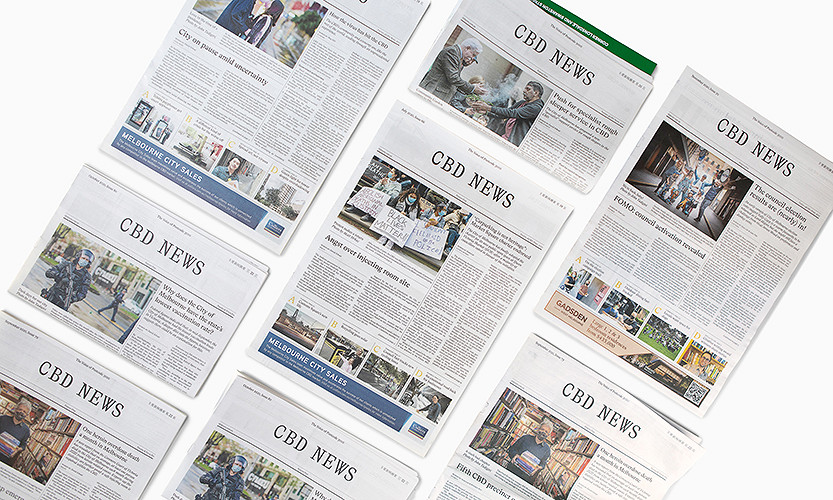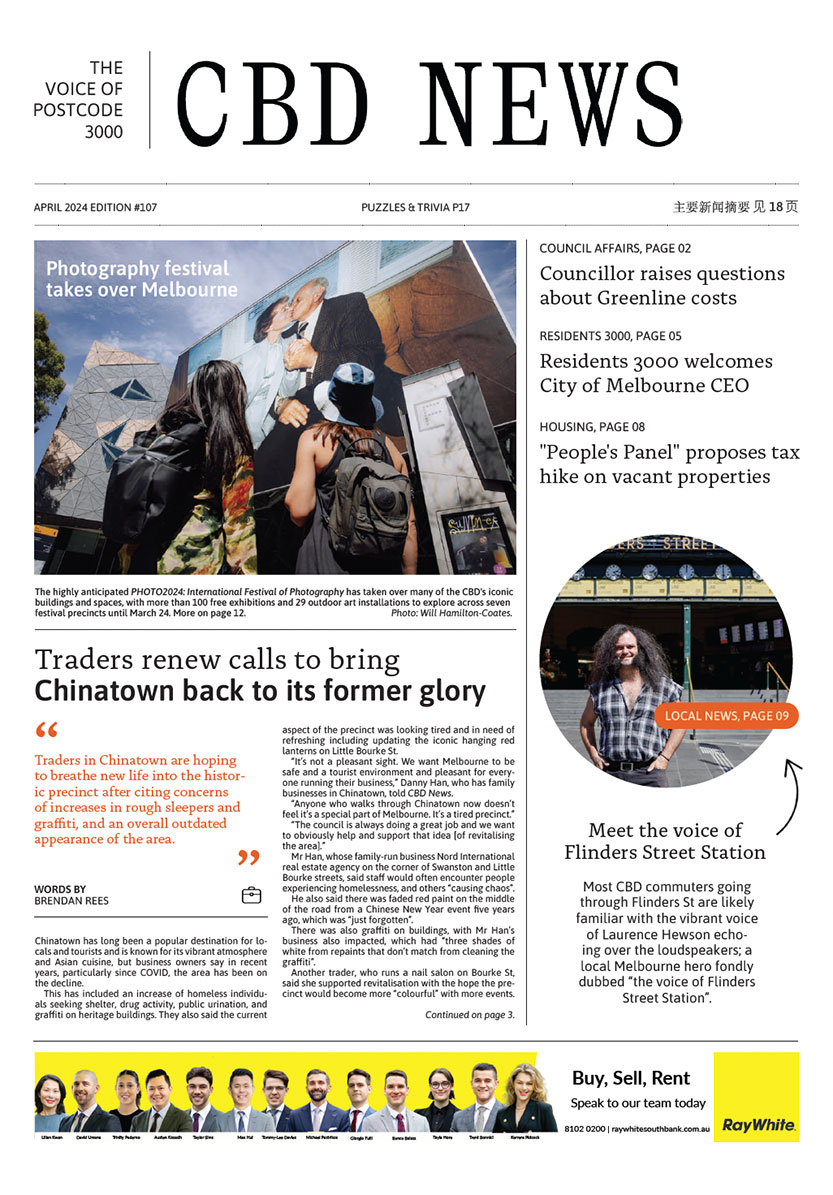What can a lord mayor do?
By Shane Scanlan
Being elected Melbourne’s Lord Mayor doesn’t necessarily mean the winner will have any capacity to change anything or get anything done.
The winning candidate will still need to command or negotiate support of five other councillors on every issue that comes before the council.
And there is a wide gap in capacity to achieve this between the current and emerging crop of potential candidates.
At the top end of the scale is Sally Capp, who could well be described as the status quo candidate. She appears most aligned with the remnant majority “Team Doyle” councillors. But it’s hard to see the “team” concept holding in a post-Doyle council.
At the other end of the scale is perennial candidate Gary Morgan, who is aligned only with Cr Jackie Watts.
Should Greens councillor Rohan Leppert be elected, he would have two other Greens for support (as Apsara Sabaratnam would become a councillor), but would have to negotiate issue by issue for the support of at least another three councillors. This is not necessarily a bad thing. The council badly needs a return to representative democracy, having most recently performed as a rubber stamp for the dominant Doyle agenda.
Should Ken Ong be elected, he too would need to negotiate support on the merits of each issue.
Incumbent or former Melbourne councillors enjoy the advantage of knowing what they are in for and how the system works (or doesn’t work).
Voters should be wary of candidates offering change, as change is probably not within their capacity. The best that candidates can offer are their ideals, aspirations and principles.
But having the support of fellow councillors is, perhaps, the easy part. As we have seen with the demise of Robert Doyle, it is the unelected officers who are really running the show at the City of Melbourne.
Councillors were sidelined by CEO Ben Rimmer for the entire three-month “Freckelton”process. Just like others, they were getting their news from the daily press – with this news cycle being highly influenced by Mr Rimmer’s team of media minders.
Following Tessa Sullivan’s resignation on December 15, council media manager Mandy Frostick visited the home of the former councillor to offer media advice.
Councillors still know only as little as the general public in this matter.
Over his three terms in office, Robert Doyle elevated the lord mayoralty beyond what was envisaged for a popularly-elected lord mayor.
By bringing with him a team of five, Mr Doyle morphed the lord mayoralty into a presidential-type position and cemented his influence with strong support from conservative print and radio media interests.
So Melbourne’s new lord mayor will be starting from a position well below that enjoyed by the previous incumbent.
As mentioned, officer support is crucial. If not forthcoming, a new lord mayor’s alterative would be to find another chief executive. This would require the support of other councillors – probably quite achievable in the current climate. Mr Rimmer’s four-year contract expires on February 8.
The new lord mayor will also have to be fluent in “spin”.
When asked whether our claim that Ms Frostick visited Ms Sullivan following her resignation was true, she said: “Taking into account our occupational, health and safety obligations, appropriate support from City of Melbourne was provided to councillors, complainants and other individuals impacted by the investigation into allegations made against the former lord mayor.”
We interpret this as “yes”. But how would you know?

Experts gather to discuss “city-shaping” Greenline project






 Download the Latest Edition
Download the Latest Edition